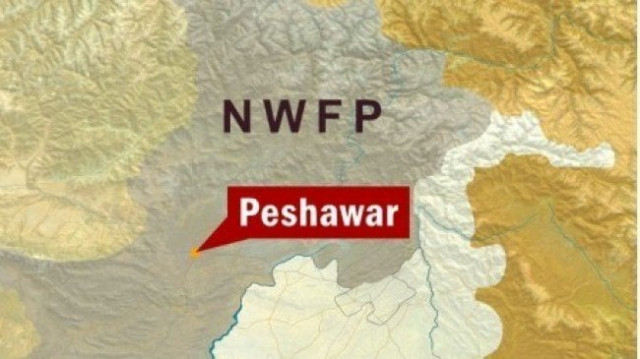City life brings new hope for ‘oppressed’ girls

City life brings new hope for ‘oppressed’ girls
“Fighting has slowed down in our hometown, Kalaya, and it is time to go back,” Afridi said, according to a report by IRIN, the UN information unit. “City life may be comfortable, with running water in taps and streets that are busy all the time, but it is not right for me,” he added.
However, his daughters, Sameera Bibi, 17, and Maryum Bibi, 15, are of a different view. “There is so much opportunity here for women,” Sameera said.
The Army announced, on June 1, that the military operation in the Orakzai Agency was over after militants had been defeated. According to media reports, there have been 200,000 internally displaced persons (IDPs) since the initiation of the operation.
An update by the UN Office for the Coordination of Humanitarian Affairs states that 44,965 families (328,244 individuals) displaced from Orakzai and Kurram Agency have been registered in the Kohat and Hangu districts of Khyber-Pakhtunkhwa.
While some of the displaced are contemplating their return, young women, like Sameera and Maryam, want to make the best out of the newly-found opportunities.
“I have seen women going out to work – some even have their own offices in banks and other offices. Our life in Orakzai is very limited by contrast,” said Maryam. She, like her sister, would like to stay on to pursue an education and a career.
According to the Asian Development Bank, literacy levels in the Federally Administered Tribal Areas (FATA) are 5.9 per cent, against a national level of 40 per cent.
“The literacy rate for women in tribal areas is very low, even below one per cent. They also lack social mobility and awareness,” said Roohi Bano, Regional Manager for the Khwendo Kor NGO, which works for the education and development of women.
Young women from tribal areas, particularly those who have seen a different kind of life by being displaced, are eager to change their futures. “I went to Karachi and saw so many women head out each day to colleges. These women know how to stand up for themselves and work alongside men,” said Shandana Khan, 20 (not her real name). “My mother cannot read and she has suffered years of oppression. She had no choice as she had no income of her own,” she added.
However, not everyone is as welcoming to the change. “An education for women just gives them wrong ideas. After all, it is a girl’s fate to be married off and bear children,” said Wazira Bibi, 60, from South Waziristan. “Life in cities has meant our girls now think differently. I hope this will not create problems in the future.”
Published in the Express Tribune, June 4th, 2010.



















COMMENTS
Comments are moderated and generally will be posted if they are on-topic and not abusive.
For more information, please see our Comments FAQ